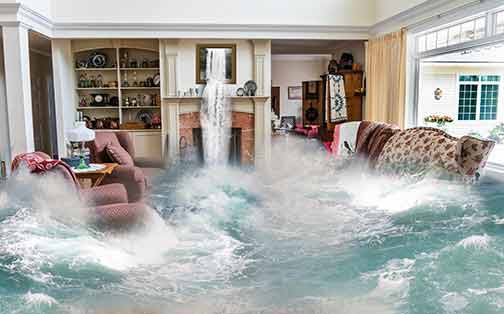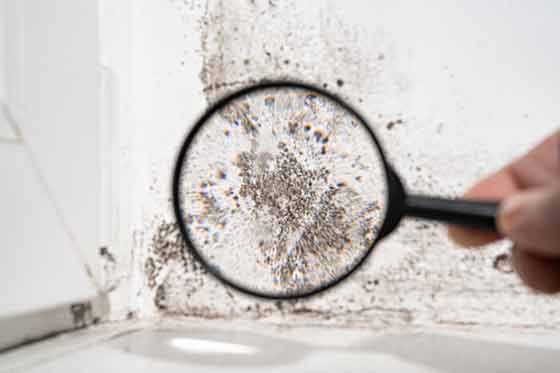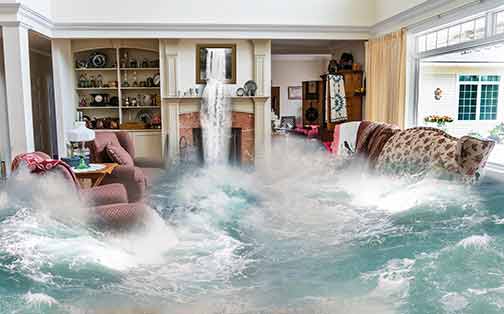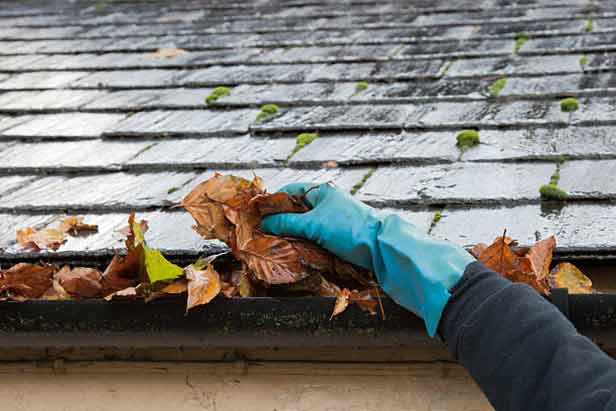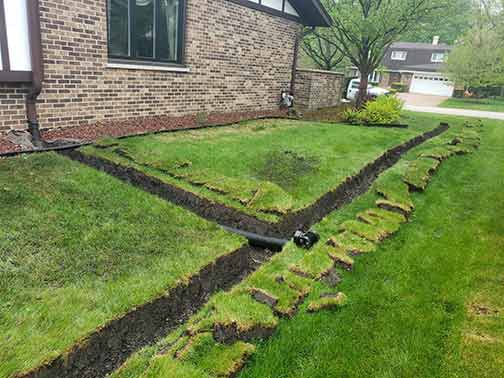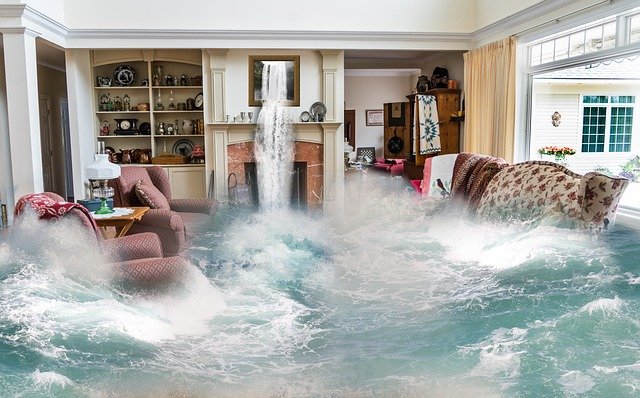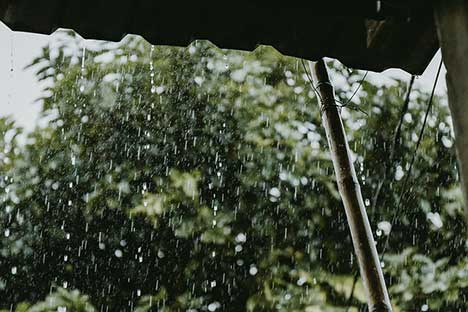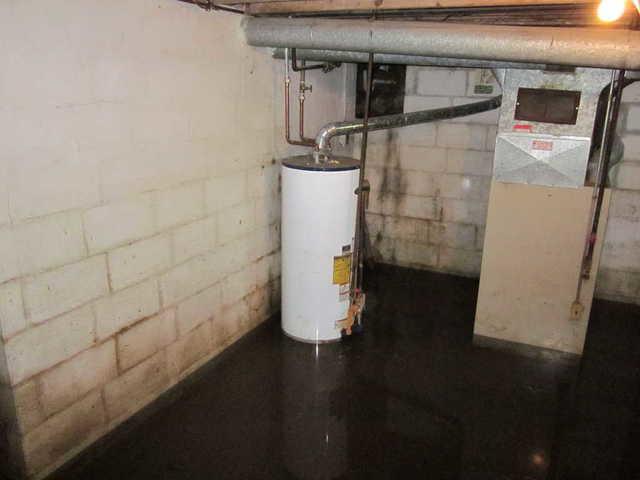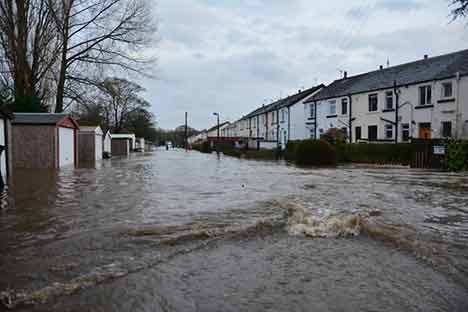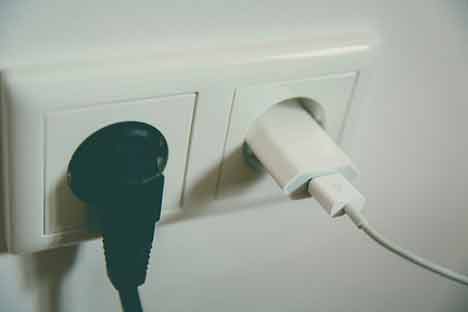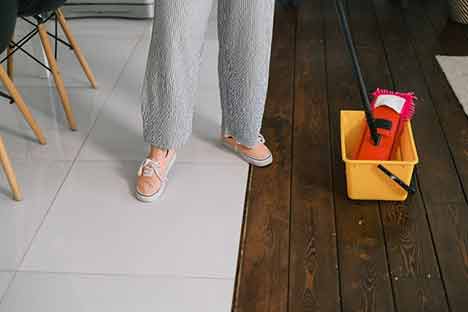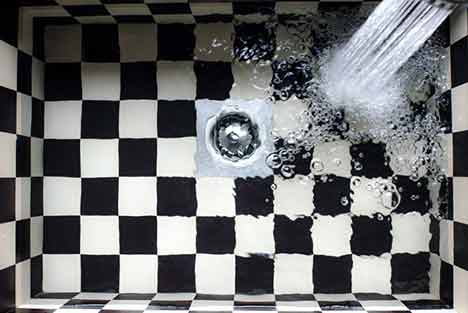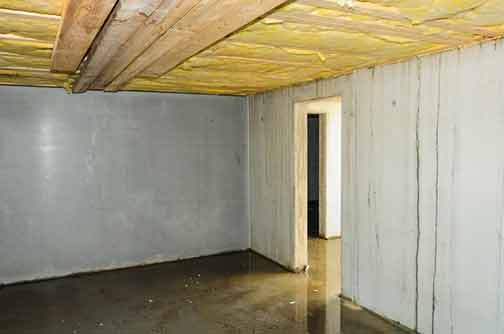
A wet basement can be a significant issue for any homeowner. Unfortunately, it’s a common problem, especially in homes that have subterranean basements. The dampness and moisture in the air can cause severe damage to your property and can be a breeding ground for mold and mildew. If you’re dealing with a wet basement, you’ll be pleased to know there are several things you can do to stop the leaks.
Install French Drains
One of the best ways to prevent basement leaks is to have a French drain installed on your property. These are trenches dug around the foundation of the house, which are filled with gravel. The water then flows into the gravel and is carried away from the house. Installing a French drain system can be a significant undertaking, and it’s best to hire professionals to do the job.
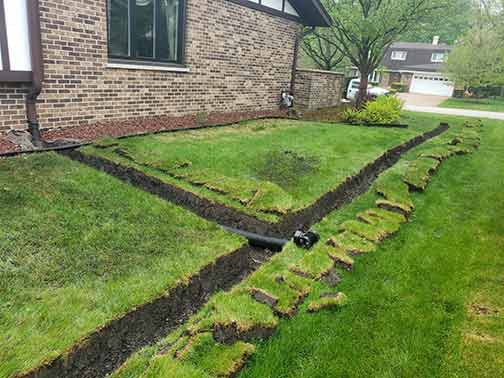
Installing a French drain system can be a significant undertaking, and it’s best to hire professionals to do the job.
Check and Repair Cracks
Cracks in your foundation walls are another cause of basement leaks. You should inspect your foundation walls regularly to ensure there are no cracks or holes that could allow water to penetrate. If you find any cracks, it’s essential to repair them as soon as possible. You can use hydraulic cement, which expands as it dries, to fill in cracks and prevent water from seeping in.
Use Waterproofing Paint
Waterproofing paint is an excellent solution for preventing leaks in your basement. It works by creating a barrier between the basement walls and the water outside. You should choose a paint specifically designed for basements and ensure that you apply it correctly according to the manufacturer’s instructions.
Install a Sump Pump
A sump pump is another solution for a wet basement. This device pumps water out of your basement, preventing it from pooling up and causing leaks. You’ll need to hire a professional plumber to install a sump pump system in your basement, but it’s an investment worth making if you’re dealing with a wet basement.
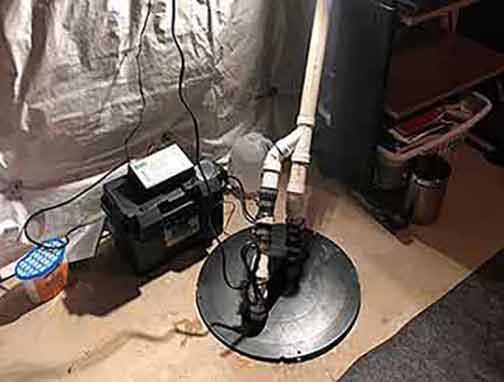
A sump pump is another solution for a wet basement.
Improve Exterior Drainage
Your home’s exterior drainage is crucial for preventing leaks in your basement. If your gutters and downspouts are not effectively directing water away from your home, it can cause water to pool near the foundation and seep into the basement. You should make sure your gutters are clean and free of debris, and that your downspouts are directing water at least ten feet away from your home’s foundation.
Insulate Pipes
Insulating your basement pipes can prevent condensation and moisture buildup, which can lead to leaks. Pipe insulation is affordable and easy to install, and it can save you from costly repairs down the road.
Seal Basement Windows and Doors
Finally, basement windows and doors can be a significant source of leaks. You should inspect these areas and ensure that they are adequately sealed. If you find any gaps or leaks, you can use weatherstripping or insulation to seal them off effectively.
A wet basement can be a frustrating and costly problem for any homeowner. Fortunately, there are several solutions to keep your basement dry. Whether you install French drains, fix foundation cracks, use waterproofing paint, install a sump pump, improve exterior drainage, insulate pipes, or seal windows and doors, taking action to prevent basement leaks can save you from costly repairs and ensure the safety and integrity of your home.
